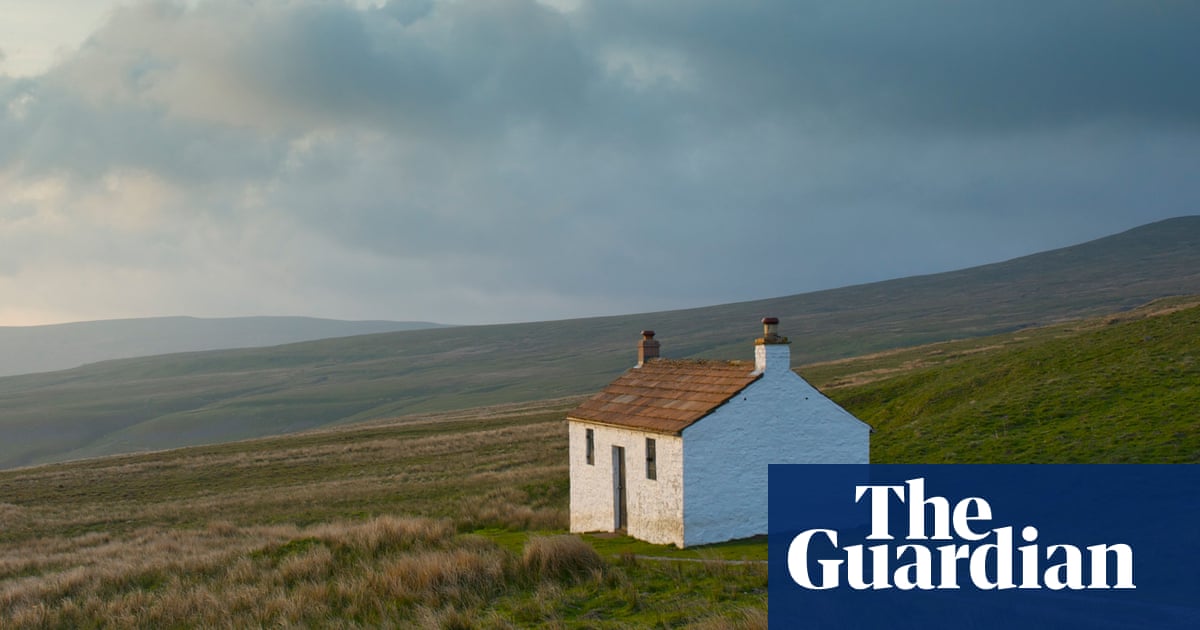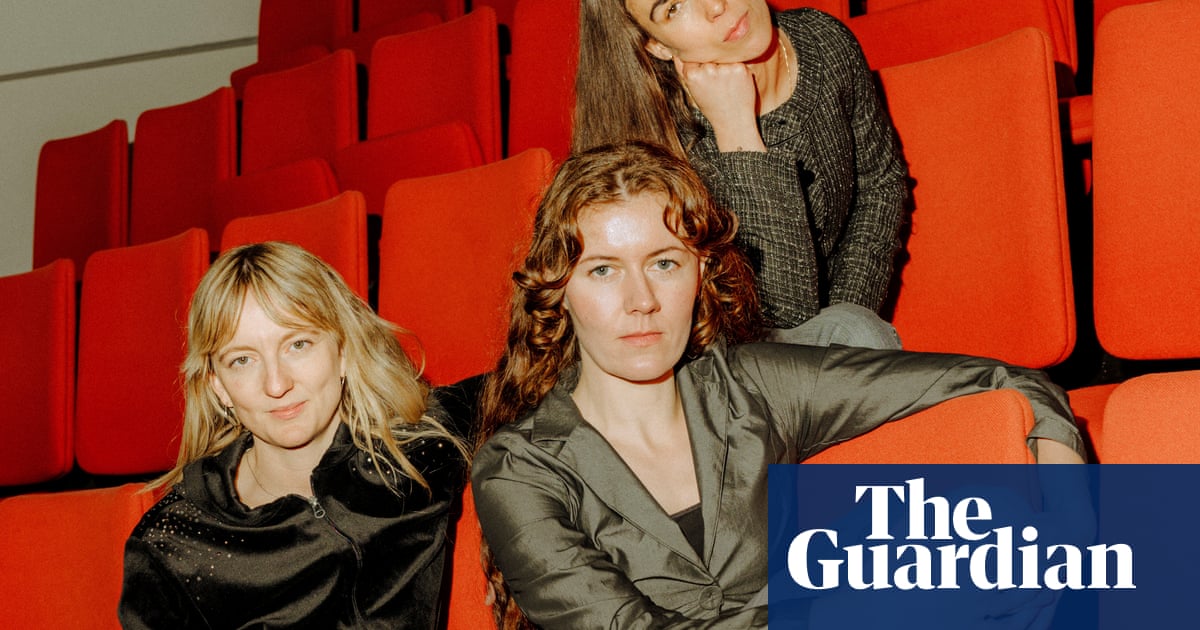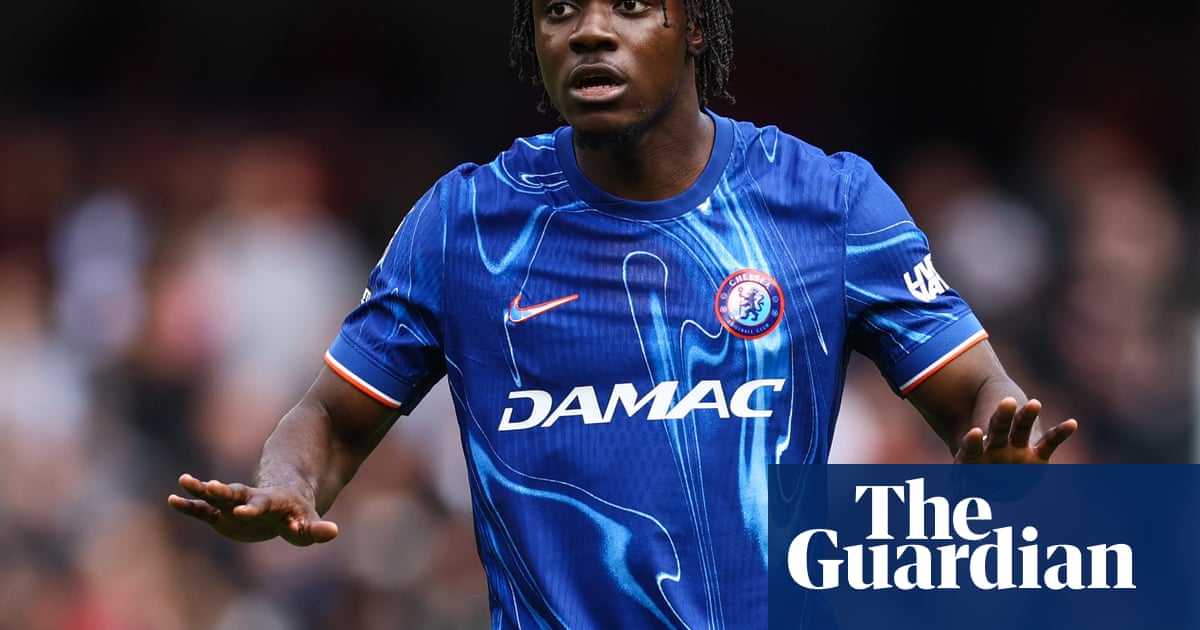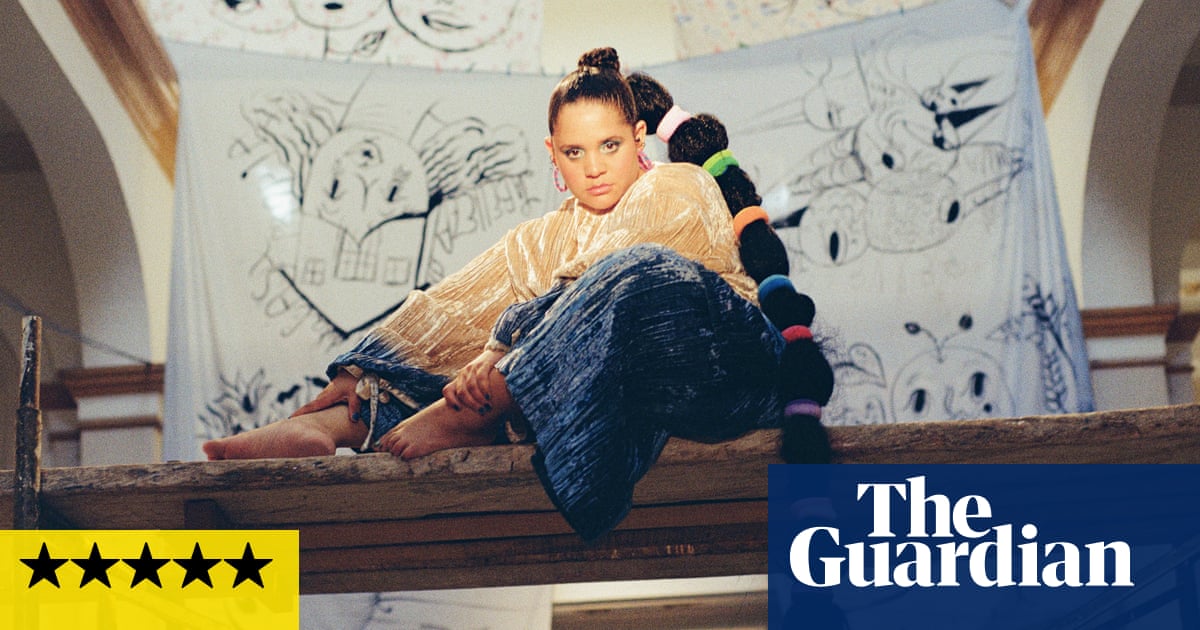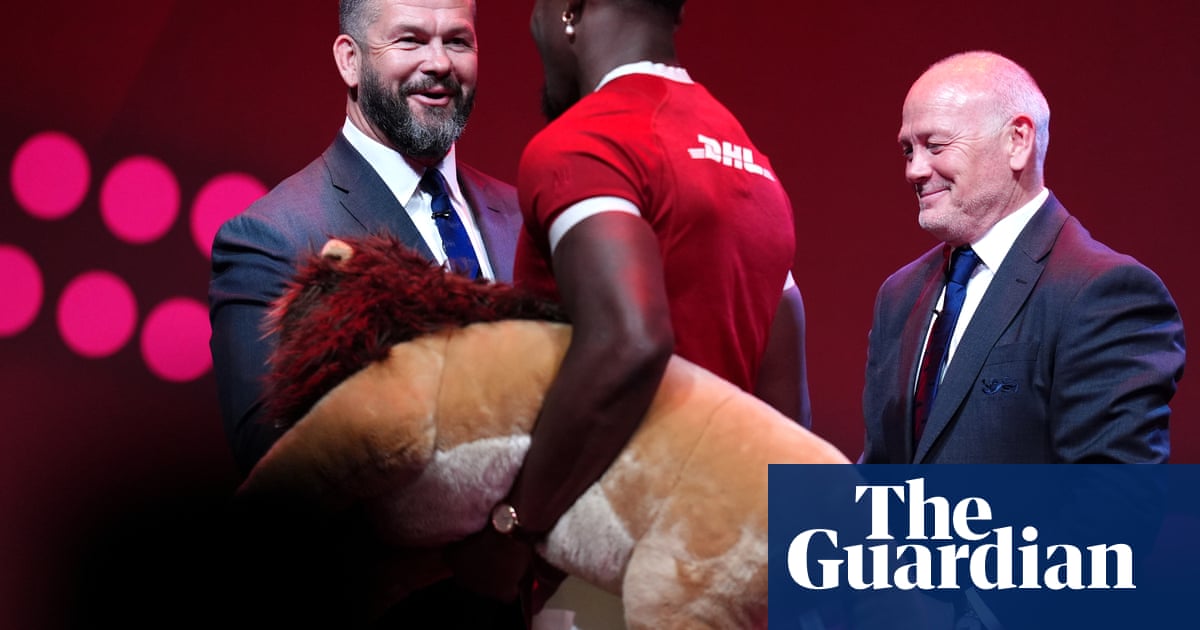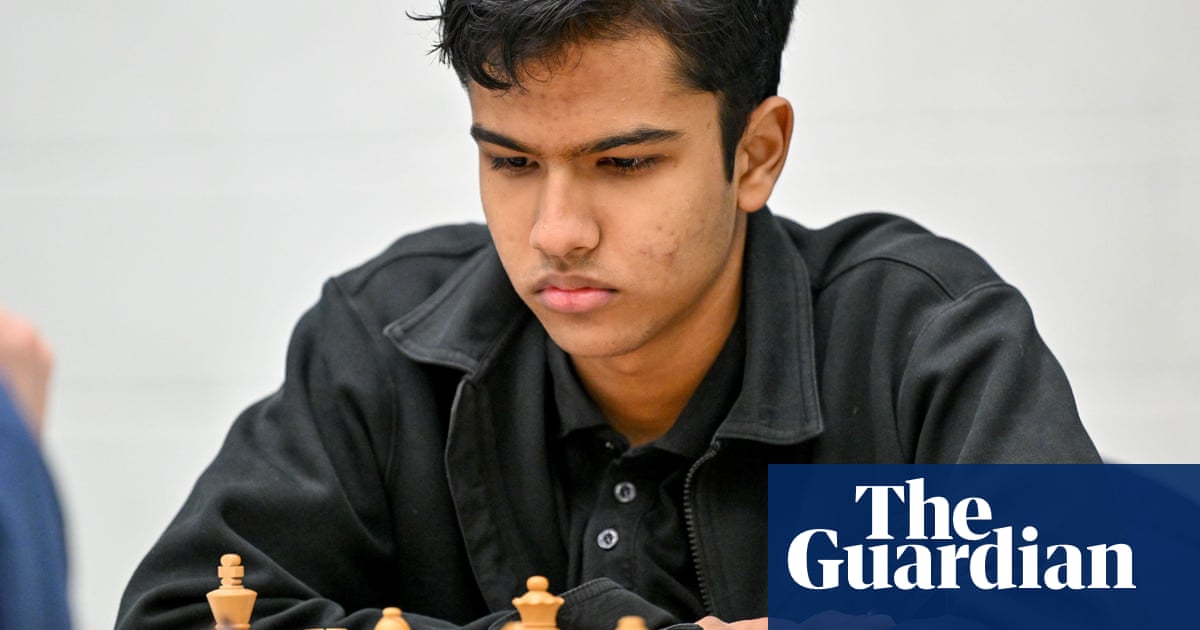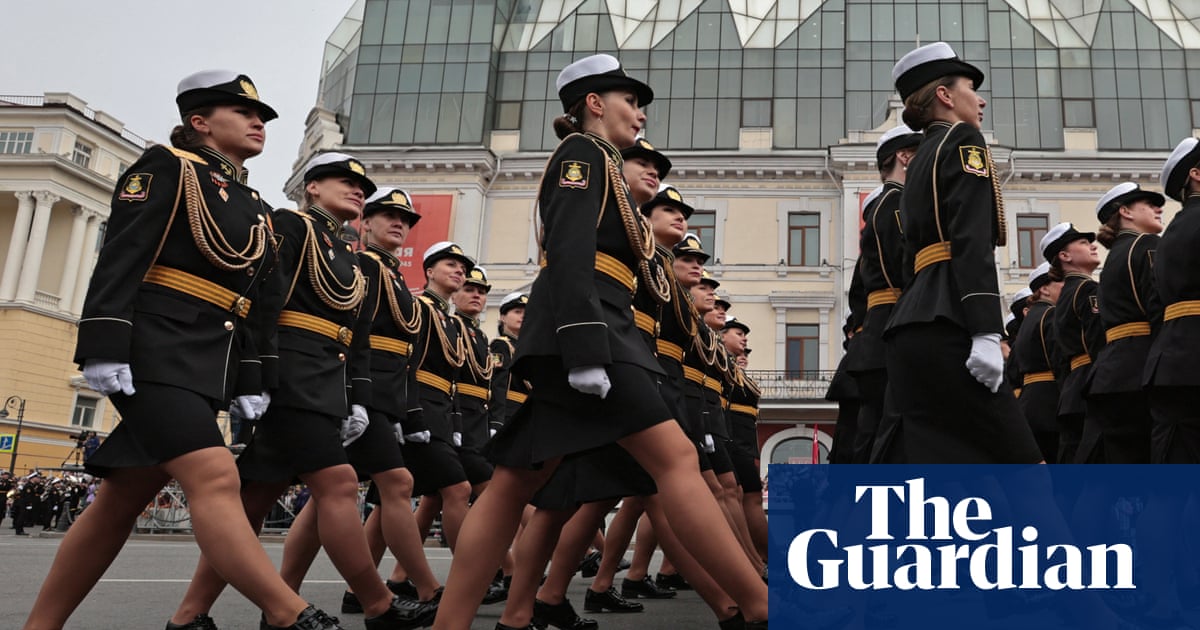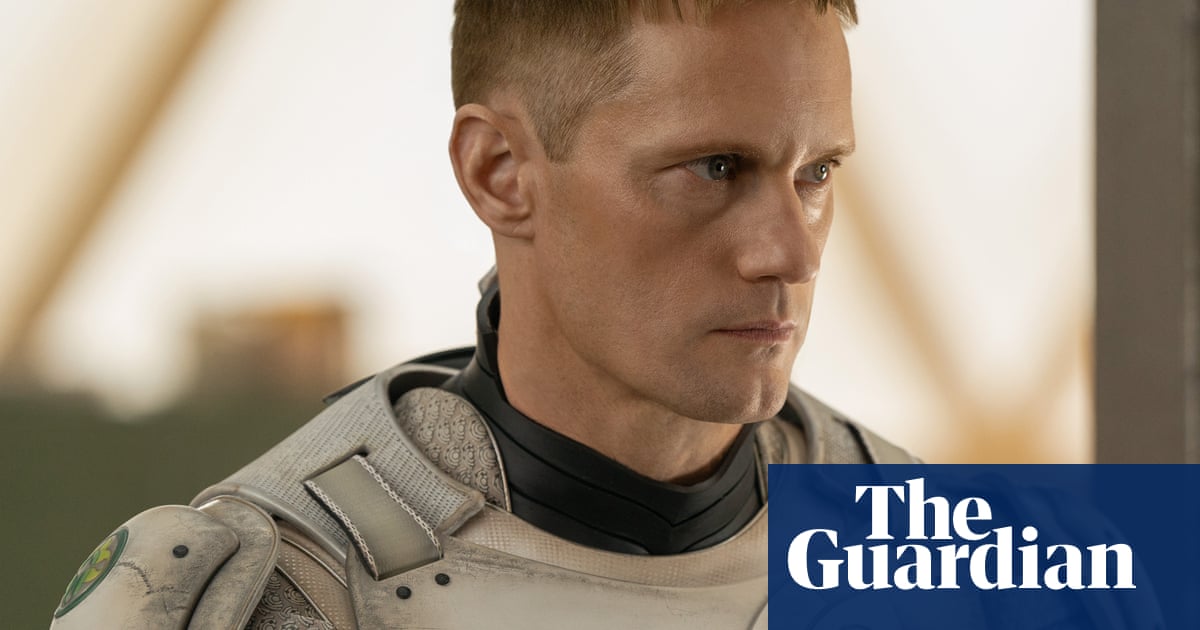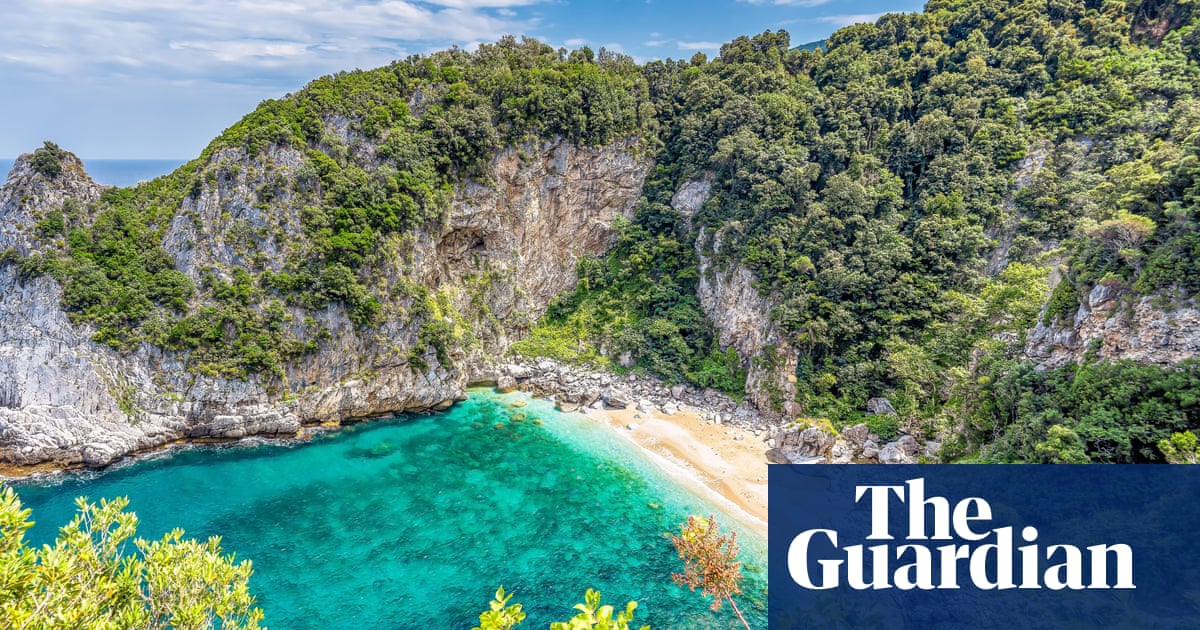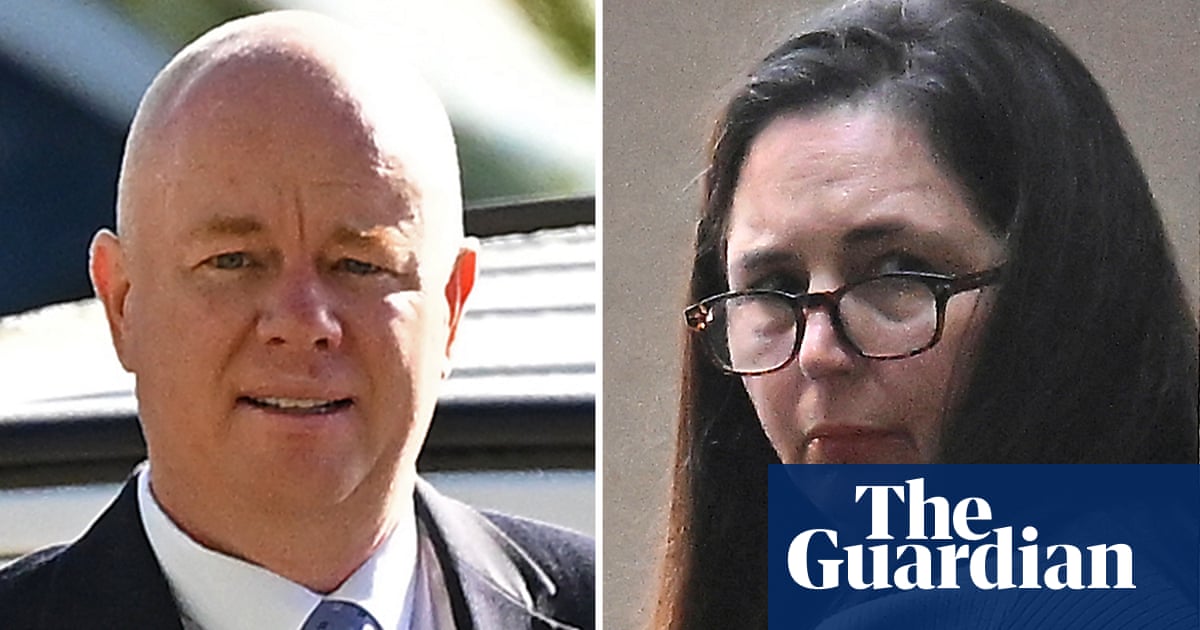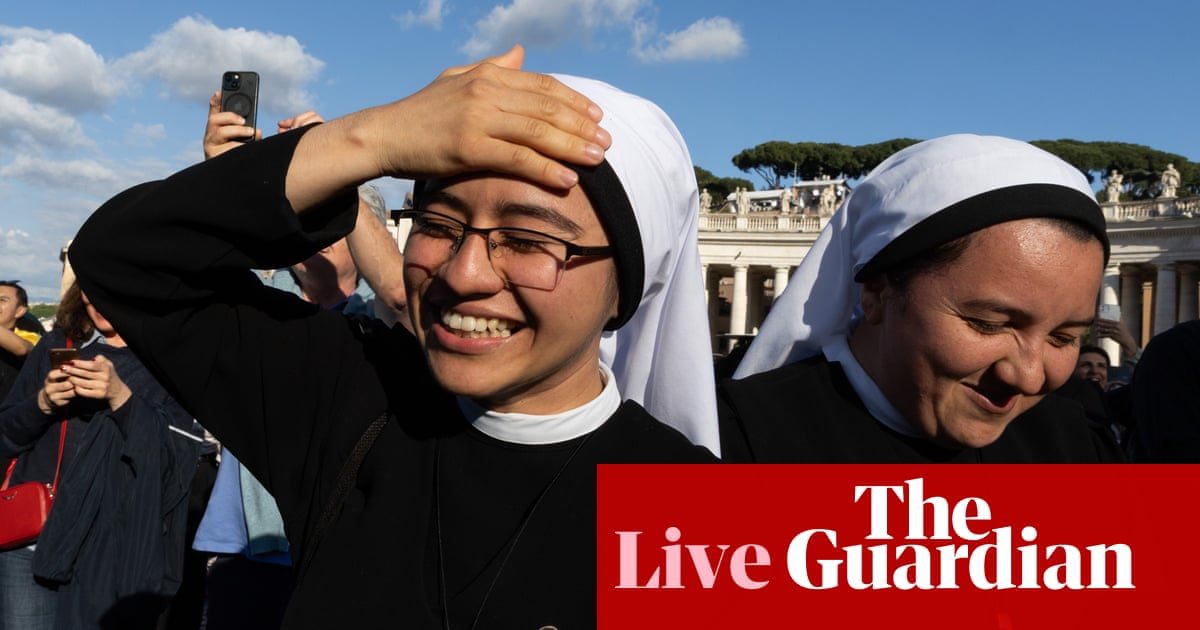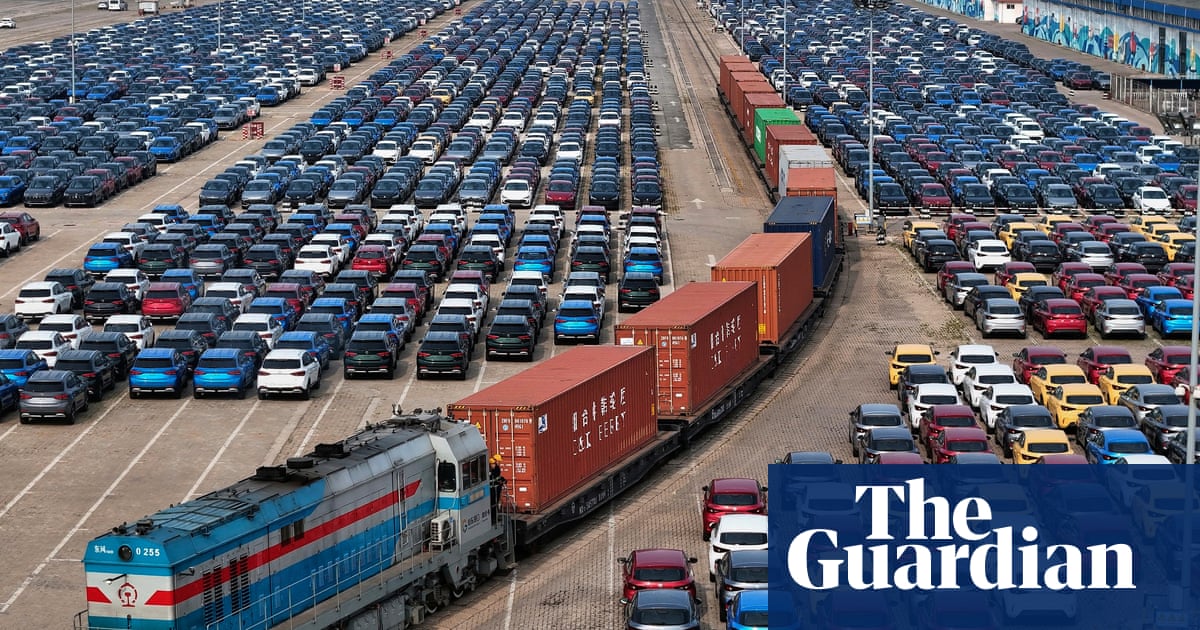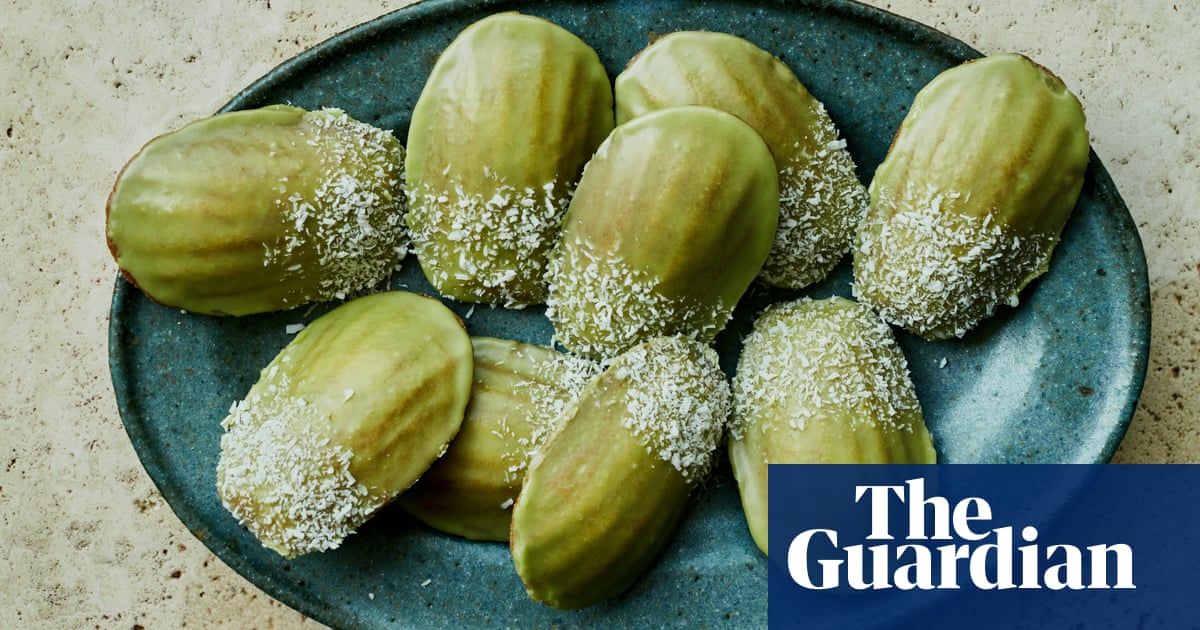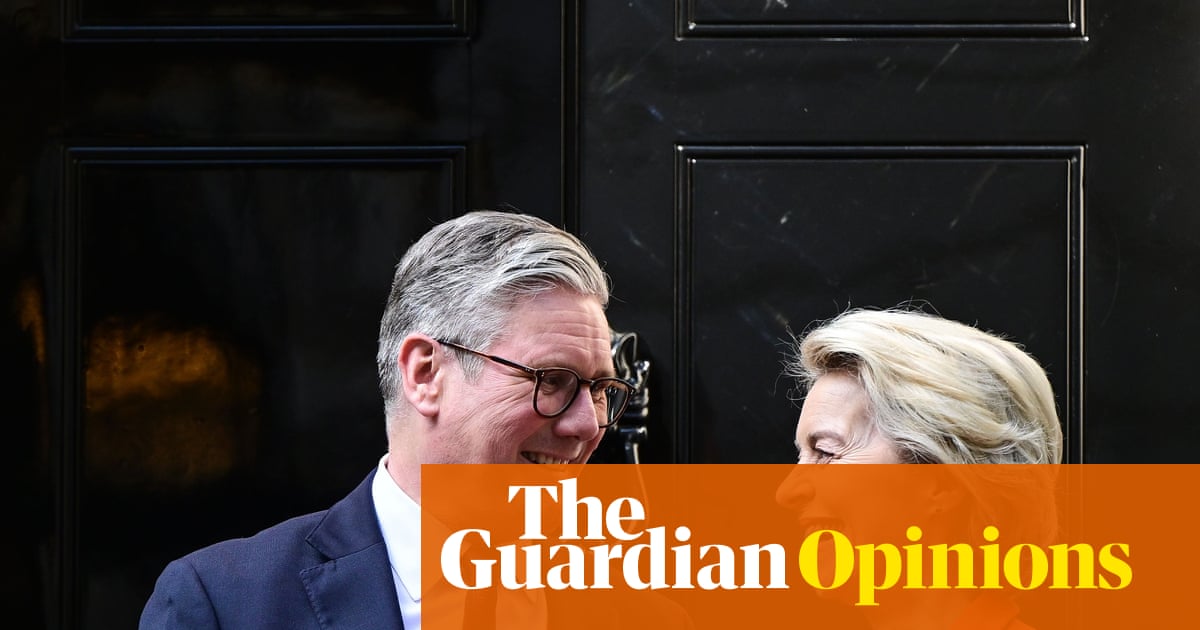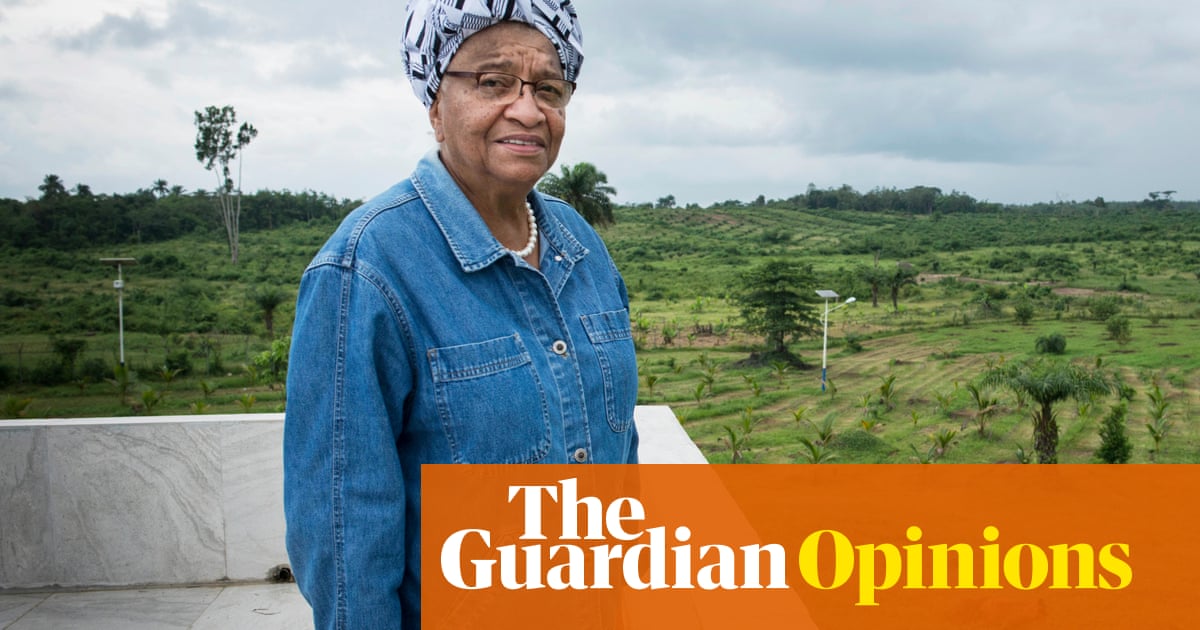Donald Trump has repeatedly complained about the Panama Canal and the fees being charged, calling the vital transport corridor a “foolish gift [to Panama] that should never have been made” and threatening to take it back.
But he has also repeatedly accused China of being in control of it. At his inauguration Trump claimed without providing evidence that “China is operating the Panama Canal and we didn’t give it to China. We gave it to Panama and we’re taking it back.”
So what is the extent of China-linked operations along the Panama Canal?
Who actually controls the canal?
The 82km (51-mile) canal, which links the Atlantic and Pacific oceans, was built and owned by the US in the early 1900s before being ultimately given to Panama in 1977 under a treaty that guaranteed its neutrality. In 2021 the agreement allowing Panama Ports Company to continue as operator was extended by 25 years.
The US is the biggest user of the Panama Canal and is responsible for about three-quarters of the cargo moving through it each year. China is a distant second.
What influence or presence does China have?
There is a port at either end of the canal that is operated by a Hong Kong-based company. This is presumably what Trump was referring to when he said: “China is based at both ends of the Panama Canal”. A total of five ports are adjacent to the canal, with others owned by foreign companies, including US ones.
In 1996, Panama granted a Hong Kong company, then called Hutchison-Whampoa, a concession to operate the Balboa port, on the Pacific side, and Cristobal port, on the Atlantic side. The contract did not give Hutchison-Whampoa ownership of the ports but allowed it to operate them on behalf of the government of Panama.
The port operator is today known as Hutchison Ports, a subsidiary of Hong Kong-based conglomerate CK Hutchison Holdings, owned by billionaire Li Ka-shing.

In 1999 the US state department said in response to the awarding of the concessions to Hutchison-Whampoa that its officials had researched the issue extensively and “have not uncovered any evidence to support a conclusion that the People’s Republic of China will be in a position to control canal operations”.
On Wednesday, China’s foreign ministry spokeswoman Mao Ning said: “China does not participate in the management and operation of the canal and has never interfered in the affairs of the canal.”
How concerned should we be?
Some US officials and analysts have said there are legitimate concerns about the heavy presence of a Chinese company in a strategically important channel, but believe that Trump’s remarks are really aimed at limiting Beijing’s growing diplomatic and economic presence in Latin America.
In recent years China has convinced several countries – including Panama in 2017 – to abandon their recognition of Taiwan and form diplomatic ties with Beijing.
Trump’s secretary of state, Marco Rubio, a longtime China hawk, has questioned whether Chinese companies could take control of the ports on the orders of Beijing and “shut it down or impede our transit”.
Benjamin Gedan, director of the Washington-based Wilson Center’s Latin America programme, told AFP that Beijing could potentially pressure or nationalise Hutchison if it wanted to capitalise on the assets, perhaps in a war or trade dispute.
Panama was the first Latin American country to sign on to China’s “belt and road” initiative in 2017. The foreign investment scheme is frequently linked to Beijing’s geopolitical diplomacy and influence aims. The initiative has sparked concerns it is a form of economic imperialism that gives China too much leverage over other countries, often those that are smaller and poorer.
Some analysts believe this is the true motivation behind Trump’s rhetoric. Euclides Tapia, professor of international relations at the University of Panama, said Trump’s “false argument” was designed to hide his desire to see Panama “reduce its relations with China to a minimum”.
“He [Trump] is definitely trying to frighten Panama,” said University of Essex international relations expert Natasha Lindstaedt. “This is a negotiation tool or a distraction, or both.”
What does Panama say?
The Panamanian president, Jose Raul Mulino, has denied there is any foreign influence of the port, and said his country operated it through a principle of neutrality. “The canal is and will remain Panama’s,” Mulino said.
The Panama City government has also complained to the United Nations about Trump’s threats.
Regardless, on Wednesday Panamanian authorities launched an audit of Hutchison Ports. The “exhaustive” inquiry was “aimed at ensuring the efficient and transparent use of public resources”, port authorities said. The comptroller’s office said the aim was to determine whether the company was complying with its concession agreements, including adequate reporting of income, payments and contributions to the state.
Hutchison Ports PPC said in a statement it has “maintained and will continue to maintain a transparent and collaborative relationship” with Panamanian authorities.
“We remain steadfast in our commitment to comply with all laws and regulations, fully exercising our contractual responsibilities,” the firm said, adding that it had been audited by the comptroller twice before, and both times was found to be in full compliance.

 3 months ago
47
3 months ago
47

